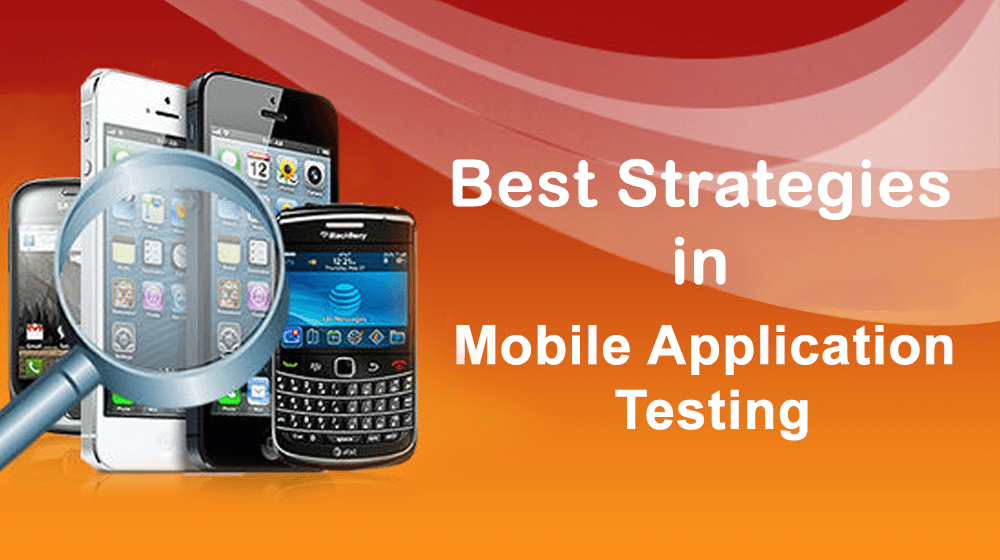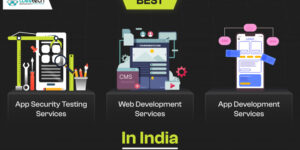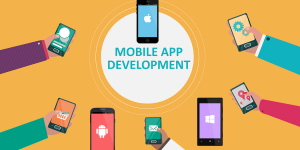
Are you a business person? Do you want to create a strong presence online with the help of mobile application? Then you need to hire a reputable firm that provides services for mobile apps development and testing. Mobile testing occupies the most important part in developing a mobile app. It gives the tester more challenges as well, in comparison to web and desktop based applications. You need to have some basic knowledge on the mobile apps development and testing practices. This knowledge will help you in ensuring that your application, developed by the team of professionals, conforms perfectly to all the requirements.
In today’s world, the most successful mobile platforms are the iOS and Android. Most software firms prepare the business application for different mobile devices, with different type of operating system, on different hardware configuration and screen size. So, it becomes immensely important to verify whether the application will perfectly function in all the devices. So, the testing team implements cost-effective testing solutions, in order to make sure that there is no compromise on the quality.
Some common challenges faced by mobile application testing team are Deployment of the application and its compatibility across various devices, which have varied operating systems like Android, iOS, BB, Windows, and so on. The version of the operating system also varies like iOS 5.x, iOS 4.x, BB 6.x, and so on. Cloud computing offers simulators where the testing team can automate, deploy, and test the mobile app. However, there are some problems testing in a cloud environment, which include the subscription model, lock-in, high cost, internet connectivity issue, and such others.
Some other top strategies in mobile app testing are as follows:
- Device emulator: These are highly cost-effective allows testing to be done in more efficient and faster way. The tester can perform the bulk amount of testing in a well-instrumented environment. You can use the device emulator with different options like licve network, bypassing the network, via modem, good scripting language, and so on.
- Remote real device in cloud: If you have access to remote real device, then you can test it on remote network (live). This is a great solution for testing.
- Automated device: Remote, emulators, and other real device solutions that can support playback and script functionality are the real timesavers. They let you execute more test cases. The degree of consistency is also higher. This is the ideal solution that integrates emulated and real devices.




![15 Appium Interview Questions and Answers for Freshers [2025] 15 Appium Interview Questions and Answers for Freshers [2025]](https://www.weetechsolution.com/wp-content/uploads/2024/09/Appium-Interview-Questions-and-Answers-for-Freshers-300x150.jpg)

